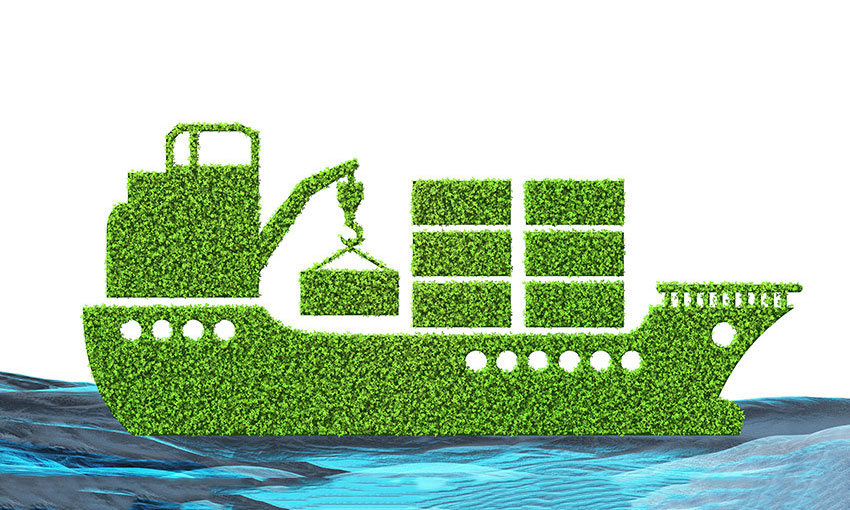THE POTENTIAL for shipping routes and maritime hubs actions to reduce shipping’s greenhouse gas emissions and support maritime decarbonisation was examined during the IMO-Singapore NextGEN workshop held in Singapore on 5 to 6 October.
The International Maritime Organization, the Maritime and Port Authority of Singapore and the Ministry of Climate and Environment of Norway organised the event.
In line with the objectives in the 2023 IMO GHG Strategy, the aim was to raise awareness on actions to reduce GHG emissions from ships and foster co-operation along shipping routes with stakeholders across the whole value chain to aggregate demand and support energy transition.
Some 40 participants representing ports and national administrations responsible for policy development from Brunei Darussalam, Cambodia, China, India, Malaysia, the Philippines, Thailand, Timor-Leste, and Vietnam participated in the two-day workshop.
The Singapore-IMO Third Country Training Programme and the GreenVoyage2050 Project supported the participation of several countries.
A route-based action plan methodology presented at the workshop was developed by the Lloyd’s Register Maritime Decarbonization Hub. LR MDH was the winner of the IMO-Singapore NextGEN Connect Challenge in April 2023 for their proposal on “Development of a Route-Based Action Plan Methodology based on Silk Alliance”.
The workshop featured experience sharing and the presentation of case studies from the application of the methodology developed within the “The Silk Alliance”, an Asian maritime cluster collaborating on route-based actions.
IMO Secretary-General Kitack Lim said: “The 2023 IMO GHG Strategy emphasises the need for partnerships to promote zero and near-zero GHG emission technologies and fuels, and to create new opportunities, also for developing States, to take part in the value chain of the distribution of future fuels and technologies”.
“IMO is pleased to provide practical support around the development and subsequent implementation of shipping routes measures which will facilitate the achievement of greener shipping and reduced emissions through the collaboration of the GreenVoyage2050 project and the IMO-Singapore NextGEN Connect initiative,” Mr Lim said.
MPA chief executive Teo Eng Dih said: “We will need a collective and inclusive approach to enhance supply chains and examine cost-effective approaches to support the energy transition and decarbonise international shipping. The gathering of a multi-national group to examine route-based measures for the Asian region is encouraging, given the economic vibrancy and growth potential. MPA looks forward to continuing its collaboration with IMO and Ministry of Climate and Environment of Norway to pilot solutions to reduce GHG emissions from ships and to catalyse innovations.”

